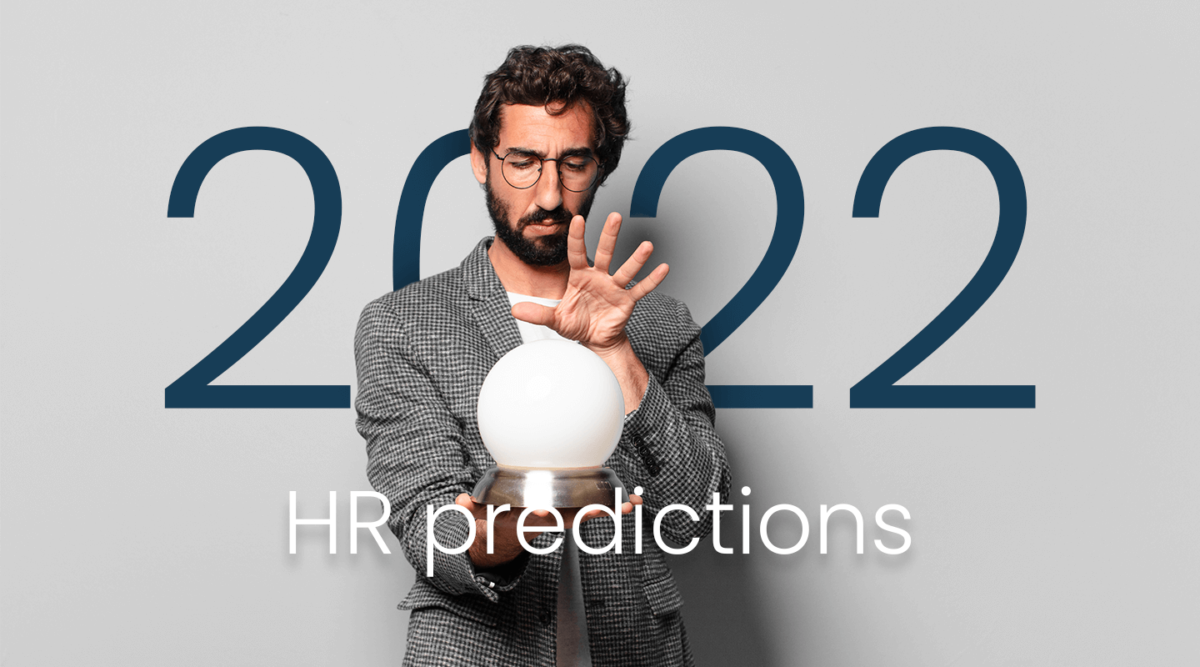Over the past couple of years, HR leaders have become adept at managing change. From tackling talent shortages to shifting to remote operations practically overnight to implementing DEI initiatives across the organization, PeopleOps teams have faced their fair share of challenges. So what’s in store for 2022? Socialive VP of People Operations Anu Karwa shares her predictions:
- Hybrid work processes will be optimized for maximum flexibility and asynchronous productivity.
The flexibility of remote and hybrid work is here to stay — not just in terms of where employees are working, but when they are working. In 2021, we saw organizations embrace hybrid work en masse, resulting in high levels of collaboration across many disparate locations. In 2022, employees will benefit from greater flexibility to set their own work hours. To accommodate more employees starting and ending the work day at different times, organizations will need to optimize hybrid work processes to ensure consistent employee engagement and enhance productivity. For example, instead of requiring everyone to join static video conferencing calls at the same time, organizations will prioritize asynchronous communication. To adapt to this new way of working, we’ll see fewer virtual meetings and more short-form videos recorded in the style of social media which can be consumed by team members on their schedules. These videos can also be rewatched as needed, eliminating the need for inefficient follow-up meetings that interrupt schedules and allowing for more heads-down work time and increased productivity. - DEI will become embedded into day-to-day operations.
In 2022, the actions and makeup of successful companies will reflect their understanding that diversity, equity, and inclusion (DEI) can no longer be standalone initiatives. Instead, DEI will be fully integrated into their policies and procedures to affect long-term change. We will begin to see concrete changes being implemented to make a difference with deeper and more thoughtful approaches, rather than one-off marketing campaigns. Employees will expect ongoing initiatives that are visible throughout every part of their company, making DEI practices “normal” not outliers. To ensure these initiatives are truly embedded within the culture, organizations will especially need to promote more people of color to leadership positions. - Businesses will need to provide women with better benefits and resources.
At the onset of the pandemic, many women left their jobs or were forced out to take on full-time caregiving responsibilities in light of school closures. Given the pervasive childcare worker shortage, many working moms are still required to juggle full-time jobs and full-time caregiving roles, or pay premium prices for daycare due to fierce competition for available slots. In 2022, employers will provide more scheduling flexibility for working mothers and create more part-time roles than they ever have before. More hybrid organizations, in particular, will convert unused space into childcare centers, which will enable more women to participate in the workforce. - Companies will turn to video and audio to help overcome “The Great Resignation.”
As organizations grapple with how to better engage employees and reduce turnover, they will explore new and unique ways to demonstrate their authentic employer brand. With in-office interviews the exception, they will find ways to display their culture in a way that is both virtual and real. Prospective employees will expect to experience the atmosphere of the companies they apply to holistically — through the faces and the voices of their potential peers and colleagues, not just C-suite executives and hiring managers. To accomplish this, smart HR and PeopleOps teams will turn to video content to better showcase their employer brand and amplify more diverse voices from across their organization through self-serve technology. Creating and distributing stronger and more engaging video and audio content will increase the sense of community and mission for current and future employees. - Burnout will be addressed from the top down.
Companies will no longer be able to implement quick-fix, band-aid-style approaches to resolve deeper company issues that result in burnout. Instead, the entire leadership team at forward-thinking companies — not just HR and PeopleOps leaders — will address the root causes that are leading to poor employee engagement and turnover. Perks such as vacation time or free lunches simply won’t be enough anymore. Providing mental health days and having thoughtful, open discussions to determine how to build the organization while supporting their team for the long haul will be key. To create an environment that lets people shine and be their authentic selves, all leaders will need to practice inclusive leadership and respect everyone’s perspectives, opinions, and diverse voices.

